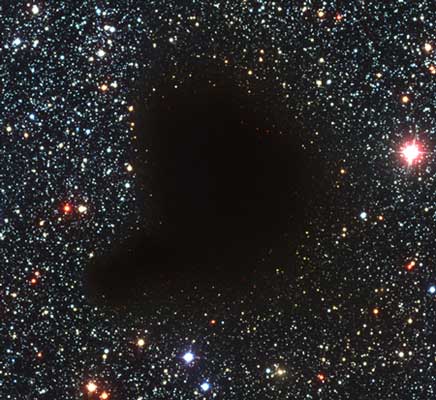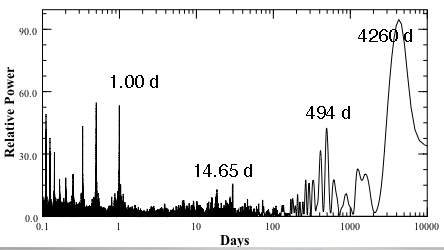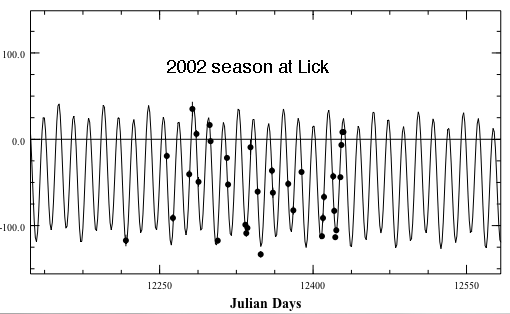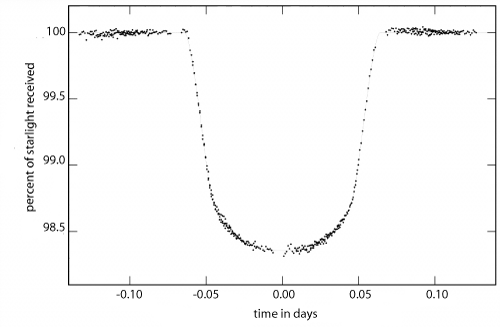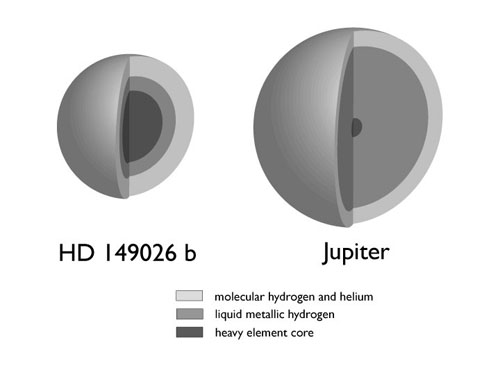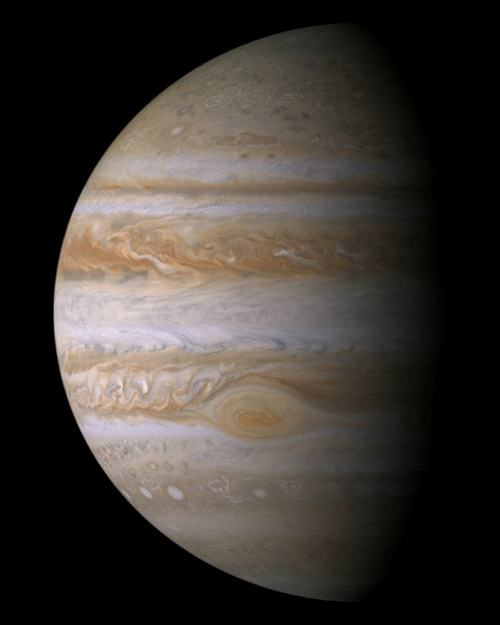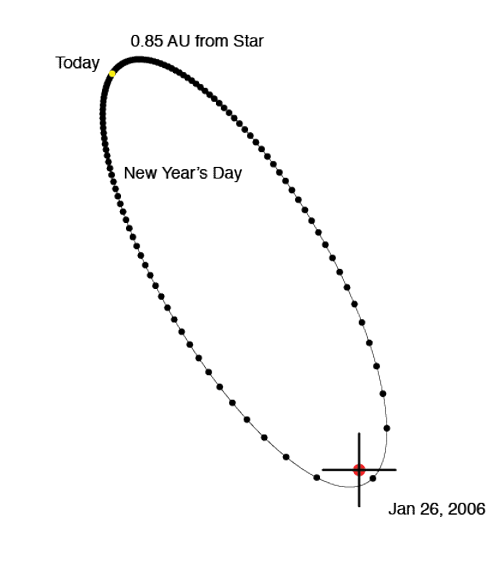systemic 0011
greg posted in systemic faq on December 27th, 2005
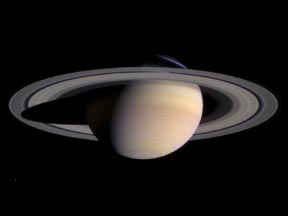
The goal of the systemic research collaboration is to improve our statistical understanding of the galactic planetary census. This will be accomplished through a large-scale simulation in which the public is invited to participate.
At the core of the systemic simulation, we have generated a realistic catalog that contains 100,000 stars, and we have created planetary systems in orbit around some of these stars. As the collaboration unfolds, the systemic catalog of stars will be “observed” using a realistic model of the radial velocity technique, and a radial velocity data set for each star will be made available. Participants will use the systemic console (or their own software if they choose) to discover and characterize planets within the data sets.
The measured orbital properties and distributions of the planets that are uncovered in the systemic data sets will eventually be compared with the known properties of the planets that were placed into orbit around the systemic catalog stars.
Why the name systemic?
We have four answers: (1) The collaboration utilizes a planetary system integrator console. (2) We are seeking to better understand the statistical distribution of planetary system initial conditions in the galaxy. (3) We hope that the collaboration will make the analysis of extrasolar planetary systems more evident, “Ahh, now I see!” (4) Finally, and most importantly, the planetary systems that we have designed are fully internally consistent. (More on this later.)
The project will officially start in early 2006. In the meantime, we have released a beta version of the systemic console, along with three tutorials (1, 2, and 3). The www.oklo.org site is also a weblog where we’ve been posting a variety of articles on the topic of extrasolar planets and their detection and characterization.
Currently, the systemic console has access to a number of published radial velocity data sets for real stars containing known planetary systems. We have also added the first star of the systemic catalog (which coincidently shows definite indications of harboring a planetary system). Launch the console, choose systemic001 from the system menu, and use the comment space for this post to let us know what you find!
– The Systemic Team,
Greg Laughlin — UC Santa Cruz
Stefano Meschiari — University of Bologna
Eugenio Rivera — UC Santa Cruz
Paul Shankland — US Naval Observatory
Aaron Wolf — UC Santa Cruz

